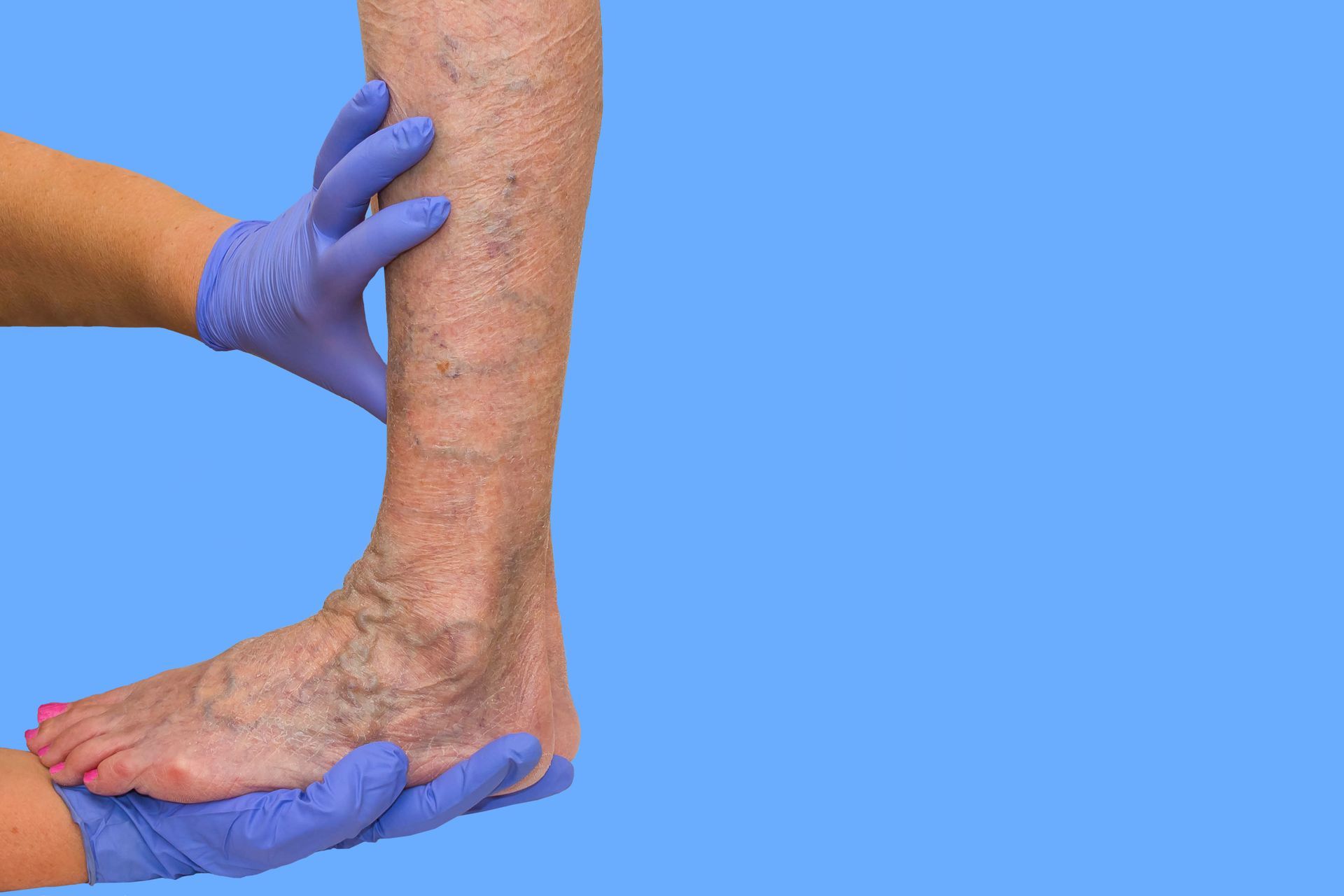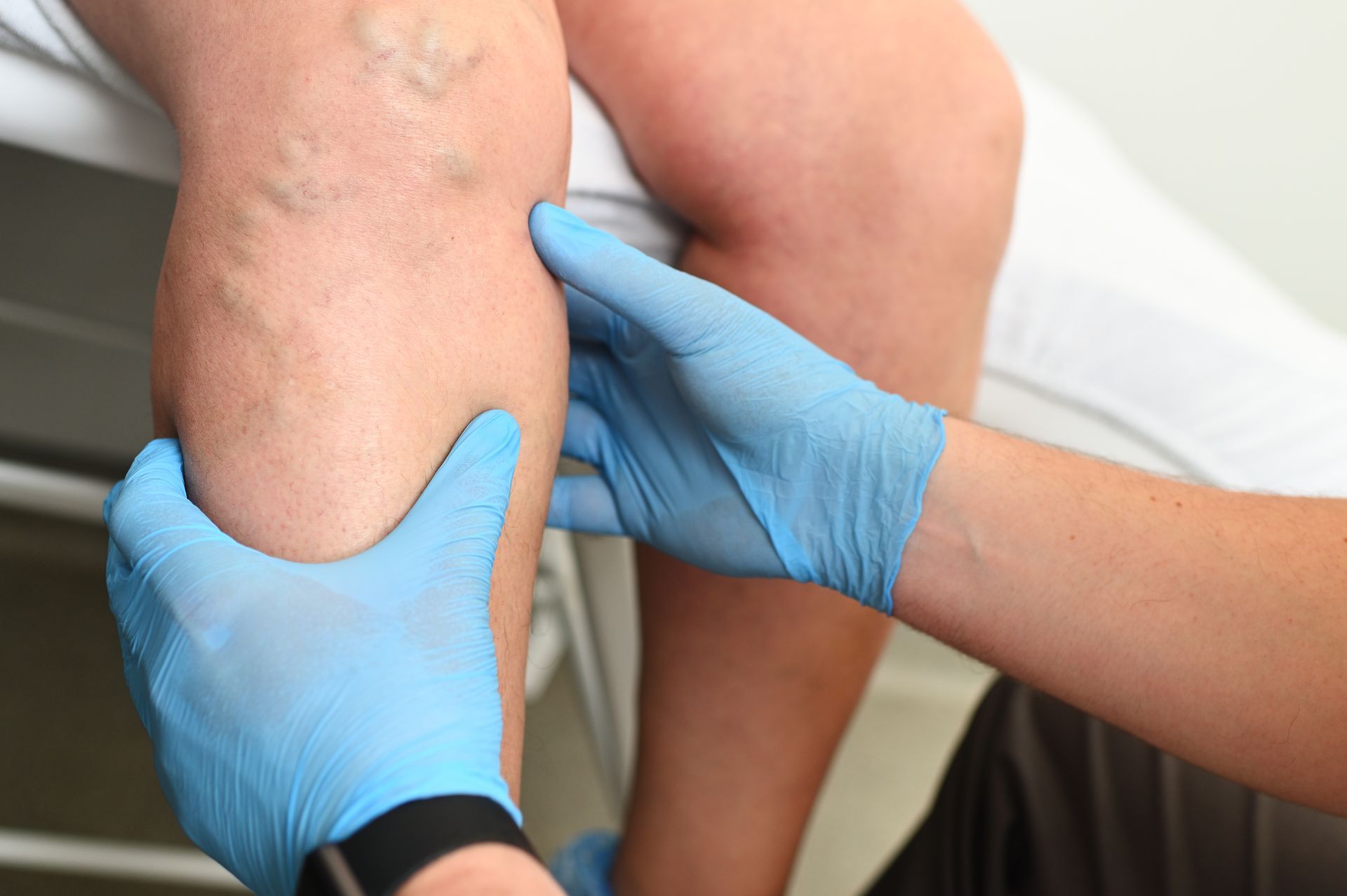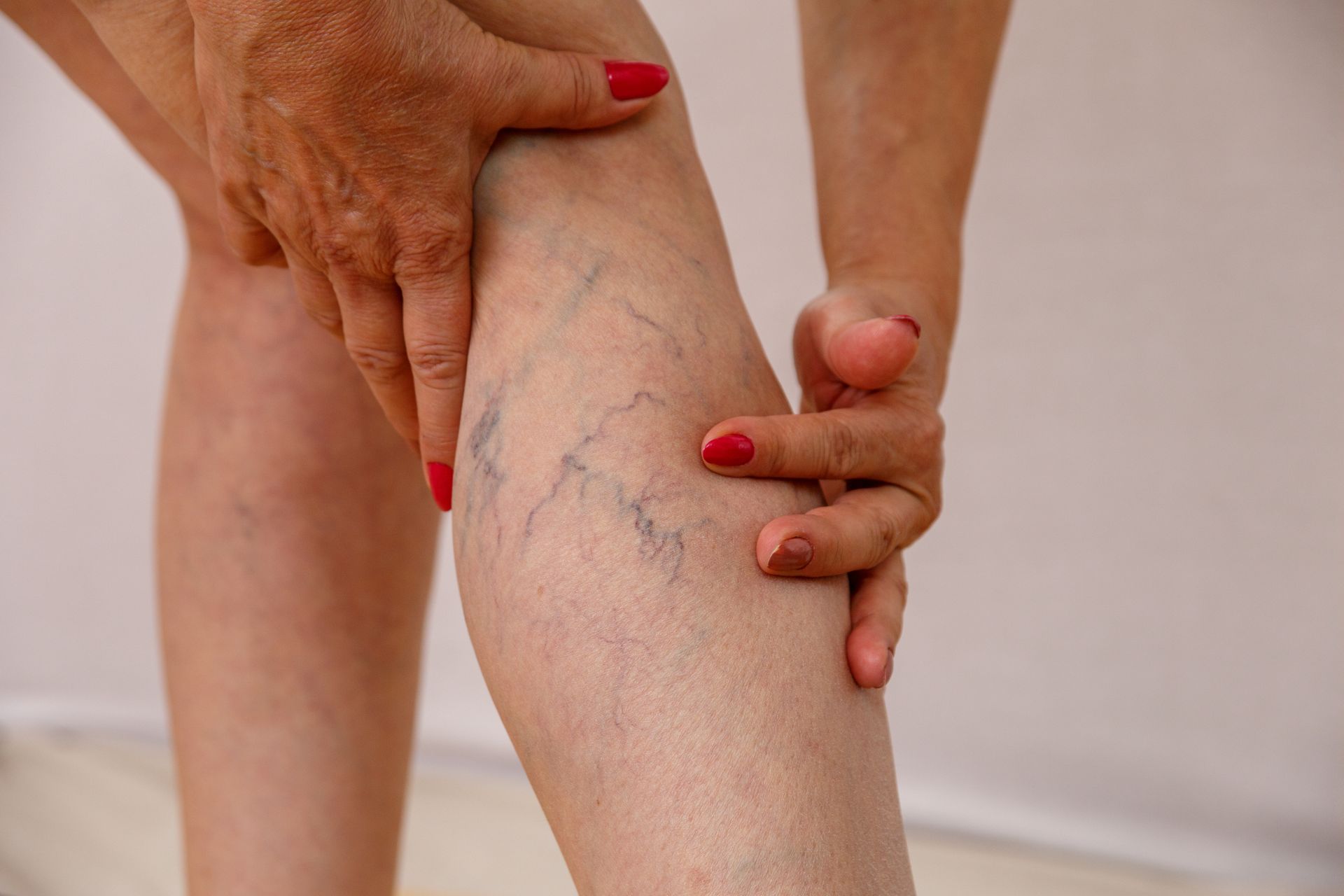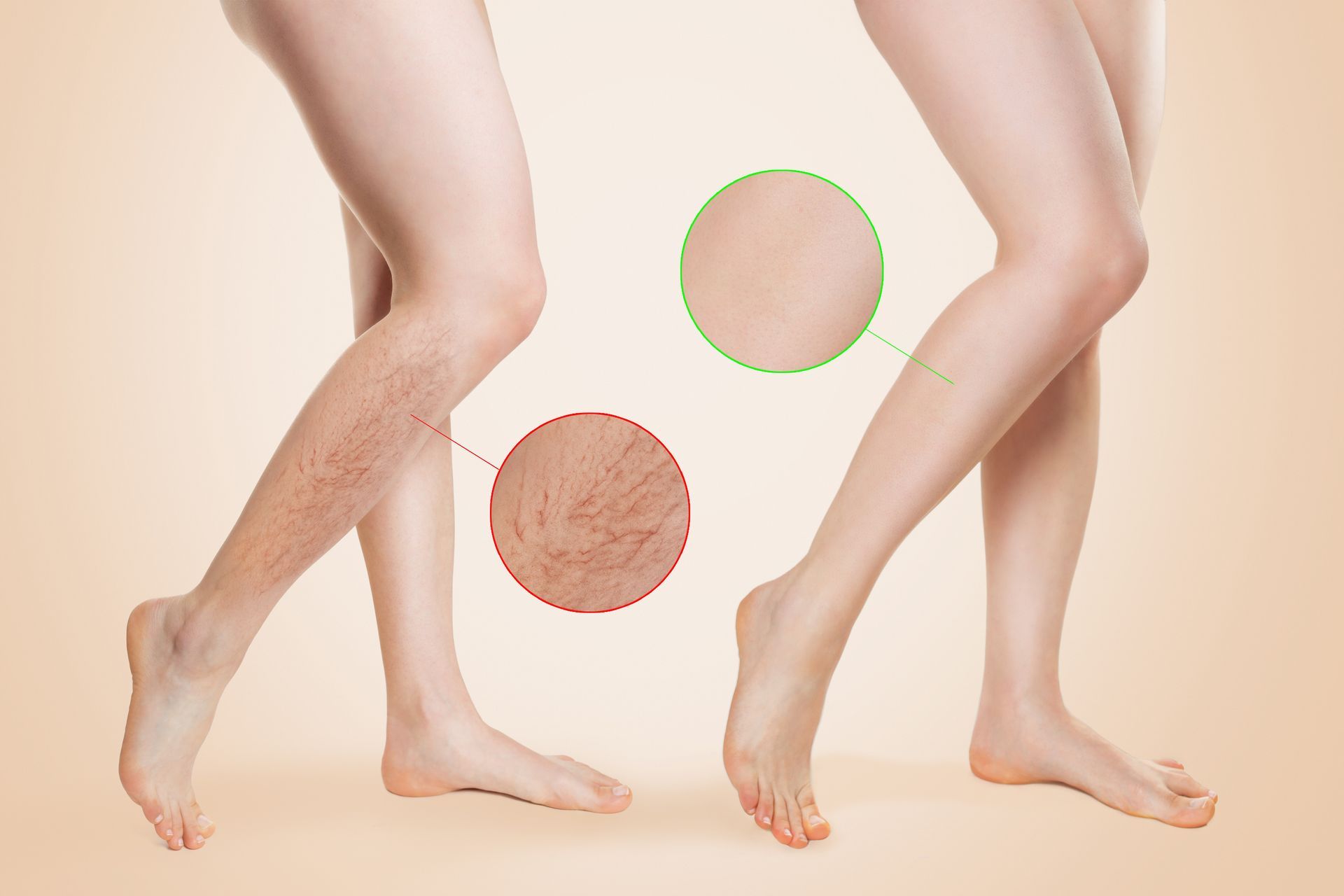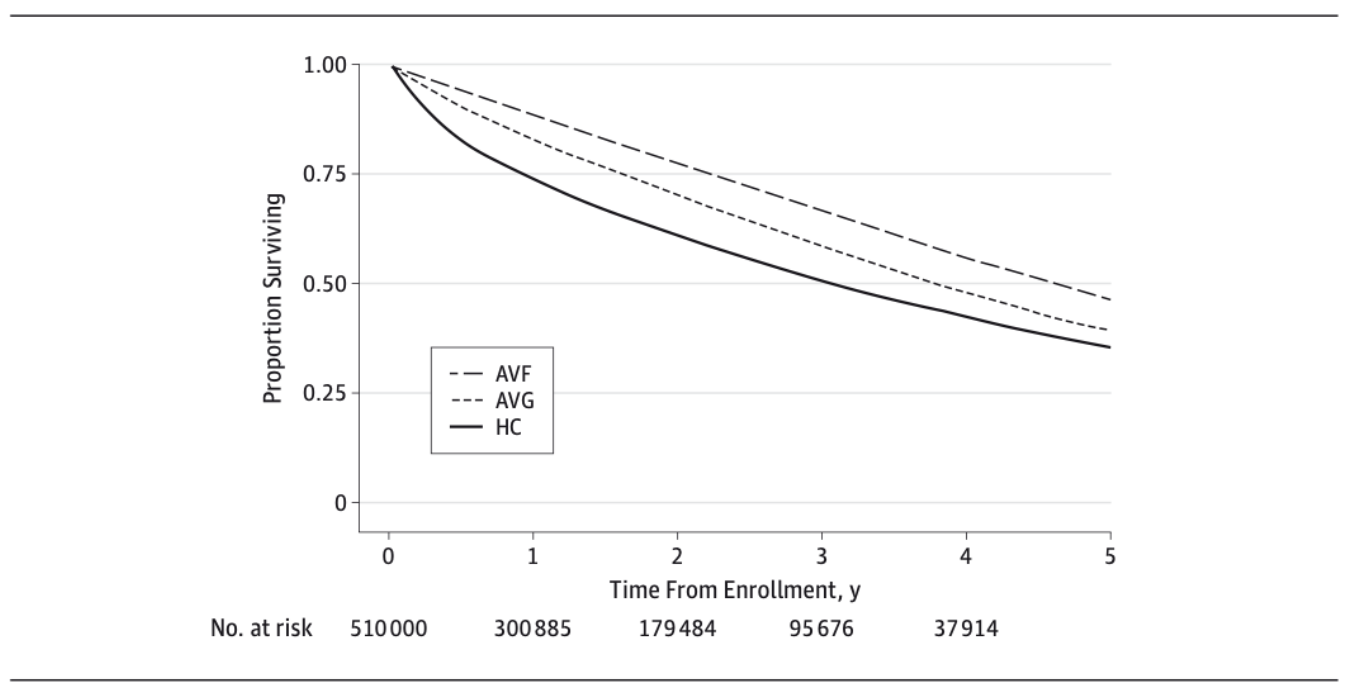How Diet and Exercise Impact Vascular Health
Your vascular system—made up of arteries, veins, and capillaries—is responsible for circulating blood throughout your body, delivering oxygen and nutrients to vital organs. Keeping your blood vessels healthy is essential for preventing vascular diseases such as peripheral artery disease (PAD), varicose veins, deep vein thrombosis (DVT), and atherosclerosis. Fortunately, two of the most powerful tools for maintaining vascular health are within your control: diet and exercise.
By making smart food choices and staying active, you can improve circulation, reduce inflammation, and lower your risk of serious vascular conditions. In this blog, we’ll explore how diet and exercise directly impact your vascular health and provide actionable tips to keep your circulatory system in peak condition.
The Role of Diet in Vascular Health
What you eat plays a significant role in the health of your blood vessels. A poor diet high in processed foods, unhealthy fats, and excessive salt can contribute to high blood pressure, plaque buildup, and poor circulation. On the other hand, a nutrient-rich diet can help reduce inflammation, strengthen blood vessel walls, and improve overall cardiovascular function.
Foods That Support Vascular Health
- Leafy Greens – Spinach, kale, and other dark leafy greens are high in nitrates, which help dilate blood vessels and improve circulation.
- Berries – Blueberries, strawberries, and raspberries are packed with antioxidants that help reduce inflammation and strengthen blood vessels.
- Fatty Fish – Salmon, mackerel, and tuna are rich in omega-3 fatty acids, which lower triglycerides, reduce blood clot risk, and improve blood flow.
- Citrus Fruits – Oranges, lemons, and grapefruits contain vitamin C and flavonoids, which enhance blood vessel function and reduce the risk of high blood pressure.
- Whole Grains – Brown rice, quinoa, and whole wheat bread contain fiber that helps regulate cholesterol levels and prevent artery-clogging plaque.
- Nuts and Seeds – Almonds, walnuts, and flaxseeds provide heart-healthy fats, magnesium, and fiber that support healthy blood circulation.
- Legumes – Lentils, beans, and chickpeas are excellent sources of plant-based protein and fiber, which help regulate blood pressure and cholesterol.
- Dark Chocolate – Rich in flavonoids, dark chocolate (with at least 70% cocoa) can help improve circulation and lower blood pressure.
Foods to Avoid for Better Vascular Health
- Processed Foods – High in trans fats and refined sugars, processed foods can contribute to arterial inflammation and plaque buildup.
- Excessive Salt – Too much sodium can lead to high blood pressure, straining your arteries.
- Sugary Beverages – Sodas and high-sugar drinks can lead to insulin resistance and inflammation, harming blood vessel function.
- Fried Foods – These contain unhealthy fats that raise cholesterol levels and contribute to arterial stiffness.
The Role of Exercise in Vascular Health
Physical activity is another essential factor in maintaining healthy blood vessels. Regular movement helps improve circulation, lower blood pressure, and reduce the risk of vascular diseases. Exercise also strengthens the heart, making it more efficient at pumping blood throughout the body.
How Exercise Benefits Your Vascular System
- Improves Circulation – Exercise promotes healthy blood flow and prevents blood from pooling in the veins, reducing the risk of varicose veins and deep vein thrombosis.
- Lowers Blood Pressure – Regular physical activity helps keep blood pressure in a healthy range, reducing strain on artery walls.
- Reduces Cholesterol Levels – Exercise increases "good" HDL cholesterol and lowers "bad" LDL cholesterol, helping to prevent artery blockages.
- Prevents Blood Clots – Movement stimulates blood flow, reducing the risk of clot formation that could lead to strokes or pulmonary embolism.
- Enhances Oxygen Delivery – Regular cardiovascular activity ensures that muscles and organs receive the oxygen they need to function properly.
- Strengthens Blood Vessels – Exercise helps blood vessels become more flexible and responsive to changes in blood flow, improving vascular function.
Best Exercises for Vascular Health
- Walking – A simple, low-impact activity that boosts circulation and improves overall cardiovascular health.
- Cycling – Increases blood flow to the legs and reduces the risk of peripheral artery disease (PAD).
- Swimming – A full-body workout that strengthens the heart and improves circulation without putting stress on the joints.
- Strength Training – Lifting weights or using resistance bands helps improve blood vessel elasticity and lowers blood pressure.
- Yoga – Enhances circulation and reduces stress, which can lower blood pressure and improve vascular function.
- Stretching & Mobility Exercises – Help keep blood vessels flexible and promote good circulation.
Lifestyle Tips for Long-Term Vascular Health
To maximize the benefits of a healthy diet and exercise, consider these additional lifestyle habits:
- Stay Hydrated – Drinking plenty of water keeps blood flowing smoothly and prevents dehydration-related blood thickening.
- Manage Stress – Chronic stress can raise blood pressure and negatively impact vascular health. Techniques like deep breathing, meditation, and adequate sleep can help.
- Avoid Smoking – Smoking damages blood vessels and significantly increases the risk of vascular disease. Quitting smoking is one of the best things you can do for your circulation.
- Monitor Your Blood Pressure & Cholesterol – Regular check-ups with your doctor can help detect early signs of vascular issues and allow for prompt intervention.
- Wear Compression Stockings if Needed – If you have poor circulation or are prone to varicose veins, compression stockings can help improve blood flow.
Conclusion
Your vascular health is directly influenced by the choices you make every day. A diet rich in whole, nutrient-dense foods combined with regular exercise can significantly improve circulation, strengthen blood vessels, and reduce the risk of vascular diseases. By making small but consistent changes to your lifestyle, you can protect your vascular health for years to come.
At California Vascular Health Specialists, we are dedicated to helping patients achieve optimal vascular health through preventive care, education, and advanced treatments. If you have concerns about your circulation, blood pressure, or any vascular condition, contact us today to schedule a consultation.
